Alternatives to A&E
We know that finding the right place to go when you become ill or are injured can be confusing. We want to help you to select the right service for your illness or injury, and in doing so, you will not only be looking after your health but using NHS services appropriately.
We can all help to ease the pressure on our emergency services by only visiting A&E or calling 999 with the most serious, or life-threatening injuries or illnesses and only dial 999 if you think you need an emergency ambulance.
A&E department (also known as emergency department or casualty) deals with genuine life-threatening emergencies, such as:
- loss of consciousness
- acute confused state and fits that are not stopping
- chest pain
- breathing difficulties
- severe bleeding that cannot be stopped
- severe allergic reactions
- severe burns or scalds
- stroke
- major trauma such as a road traffic accidentLess severe injuries can be treated in urgent care centres or minor injuries units. A&E is not an alternative to a GP appointment.
What to do for less serious injuries or illnesses
Self-Care
Self-care is the best way to treat common illnesses and injuries, such as; coughs and colds, slight cuts and grazes, sprains and strains, sore throats, sinusitis, earache, constipation and headaches.
You can treat them at home with a range of medicines and a first aid kit bought from a pharmacy or supermarket.
You can prepare for many common illnesses and injuries by having a chat with your local pharmacist who can give you advice on what self-care medications to have at home.
With all self-care if your symptoms recur, or if you are no better after two days, call NHS 111 for advice or contact your GP.
NHS 111
If you require medical help but you’re not sure where to go, then please Talk before you Walk. You can call NHS 111 free, 24 hours a day, 365 days a year and, where appropriate, a clinical advisor will assess your symptoms, decide what medical help you need and advise where you need to go. This will ensure you get the right care from the right service in the timeliest way.
NHS 111 clinical advisors can arrange an appointment for you at an out of hours GP or extended hours hub if your condition means you need to see a health care professional within the next 12 hours. They can also give you self-care advice and information.
You should call NHS 111 if:
- You need medical help fast, but it is not a 999 emergency
- You think you need to go to accident and emergency or another NHS urgent care service
- You do not know who to call for medical help or you do not have a GP to call
- You require health information or reassurance about what to do next
For less urgent health needs, you should still contact your GP in the usual way.
Pharmacies
Your local pharmacist is a healthcare professional who can give you clinical advice and treatment for common illnesses such as coughs, colds, aches and pains. They can also help you decide whether you need to contact other healthcare services..
You can talk to your pharmacist in confidence, even about the most personal symptoms without an appointment. Many pharmacies now have a consultation area where you can discuss health concerns in private.
Some of the services available from your local pharmacy include help for:
- Emergency contraception (morning after pill)
- Raised temperature/fever
- Coughs, colds, flu
- Ear infections and earache
- Urine infections and cystitis
- Diarrhoea/vomiting
- Skin infections/rashes/allergic reactions
- Conjunctivitis
- Emergency repeat prescription service
For details of your nearest local pharmacy, and opening hours, go to the Find Pharmacy Services pages on the NHS Choices website.


